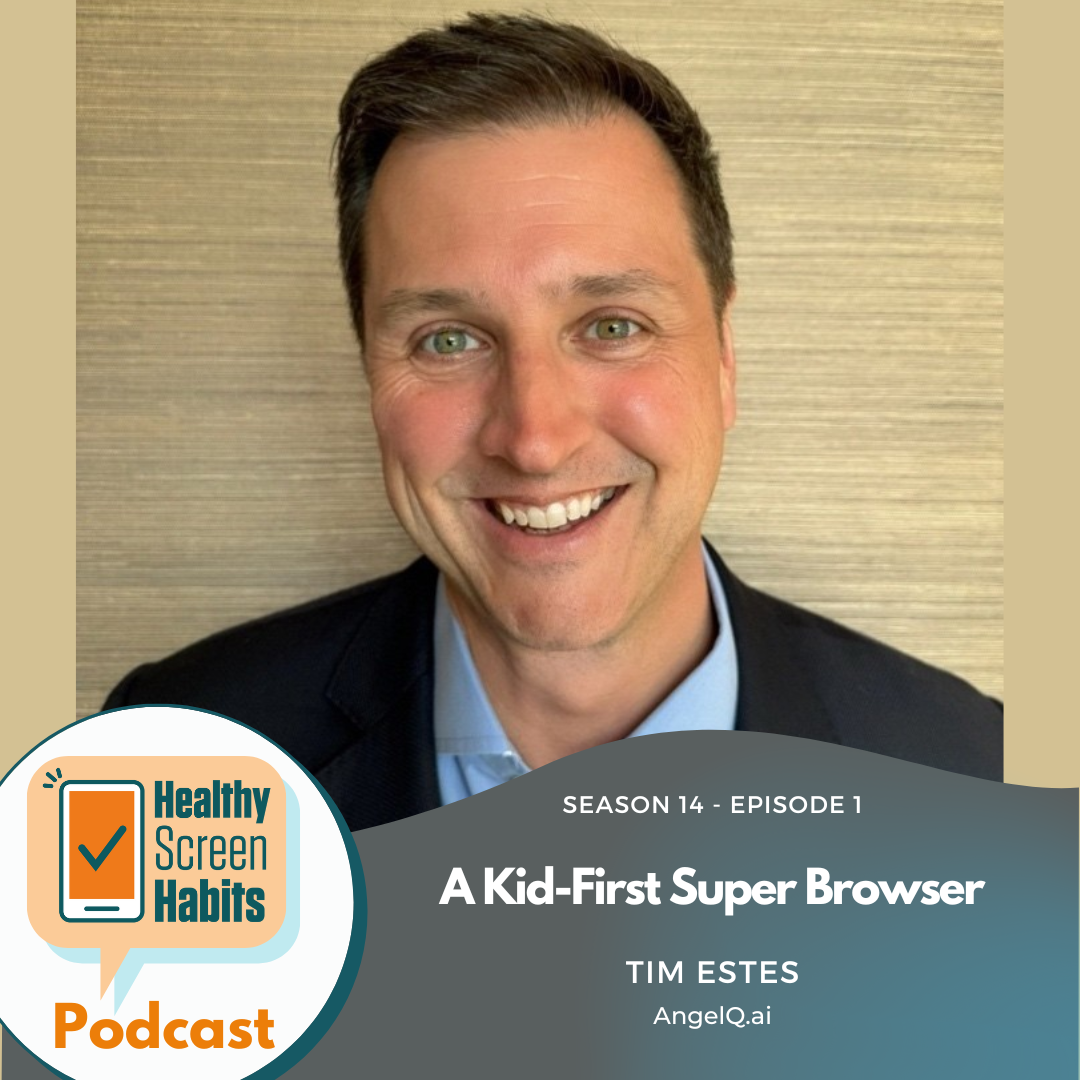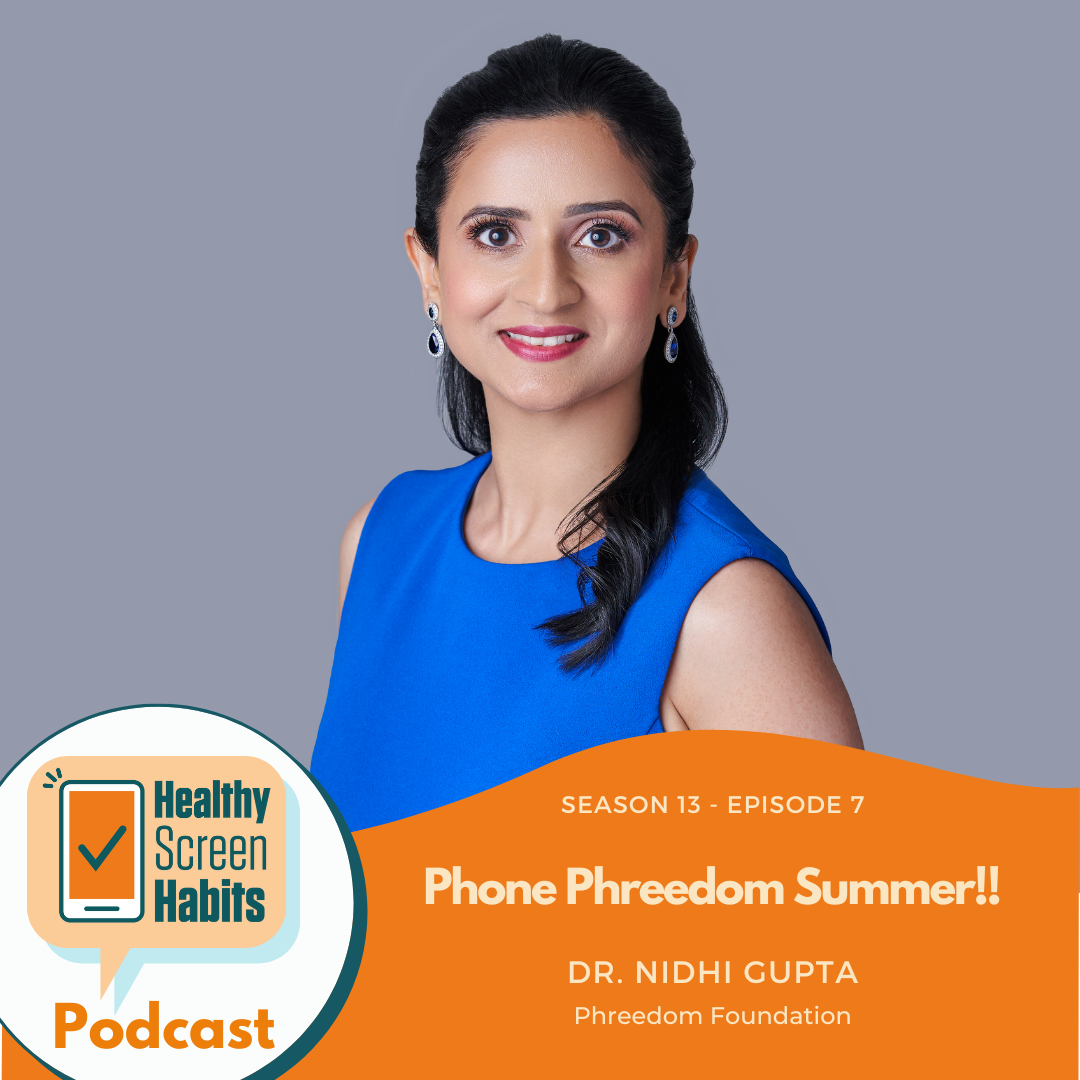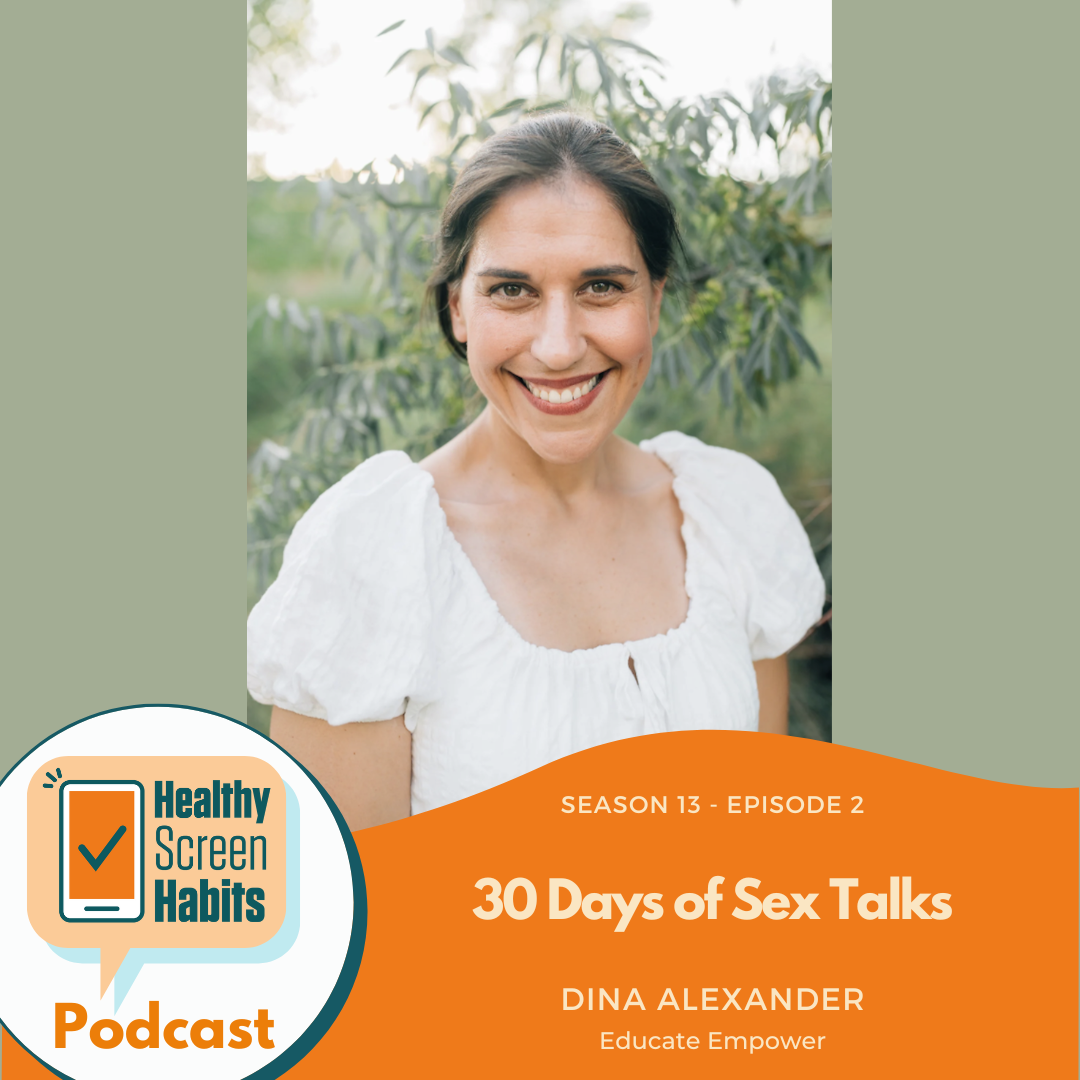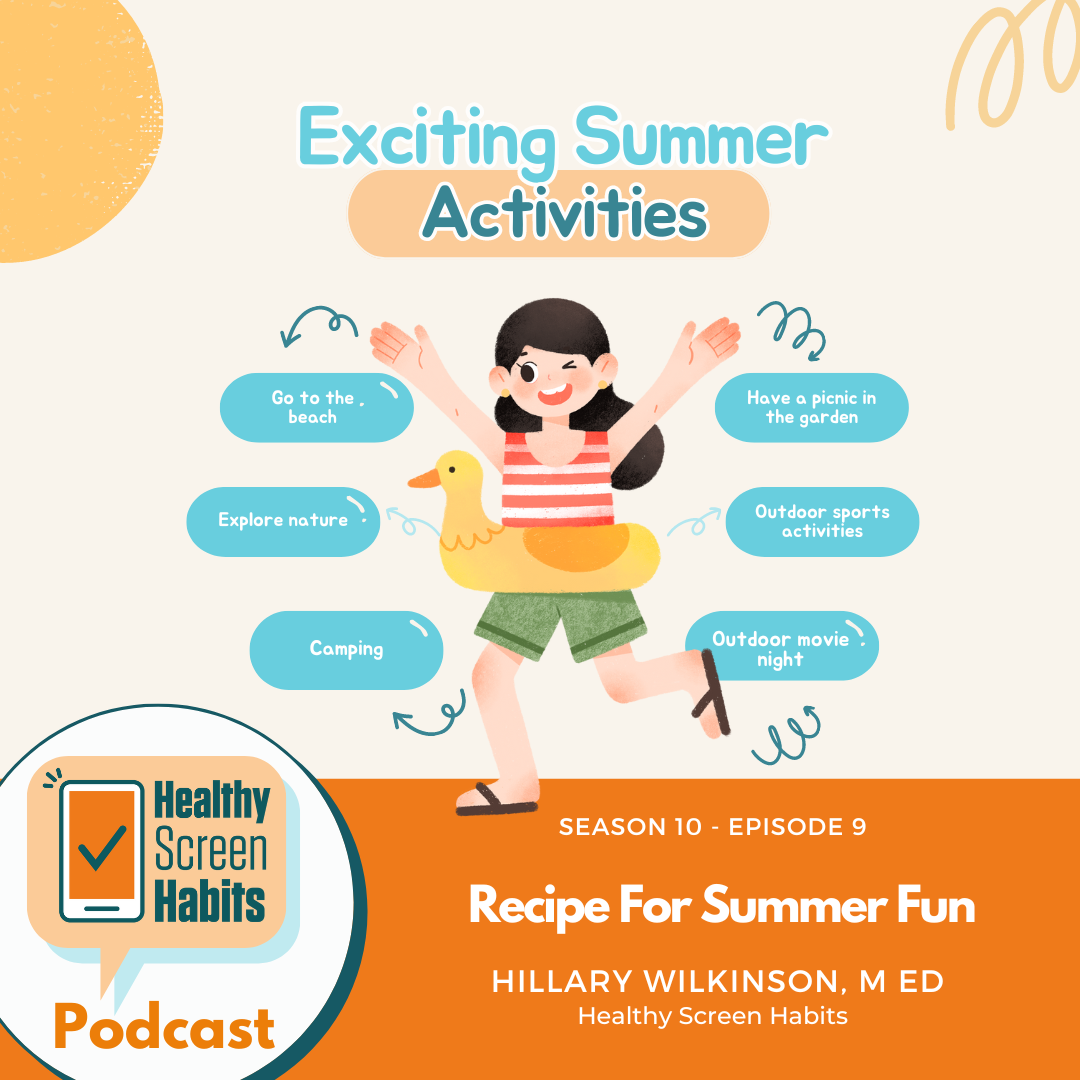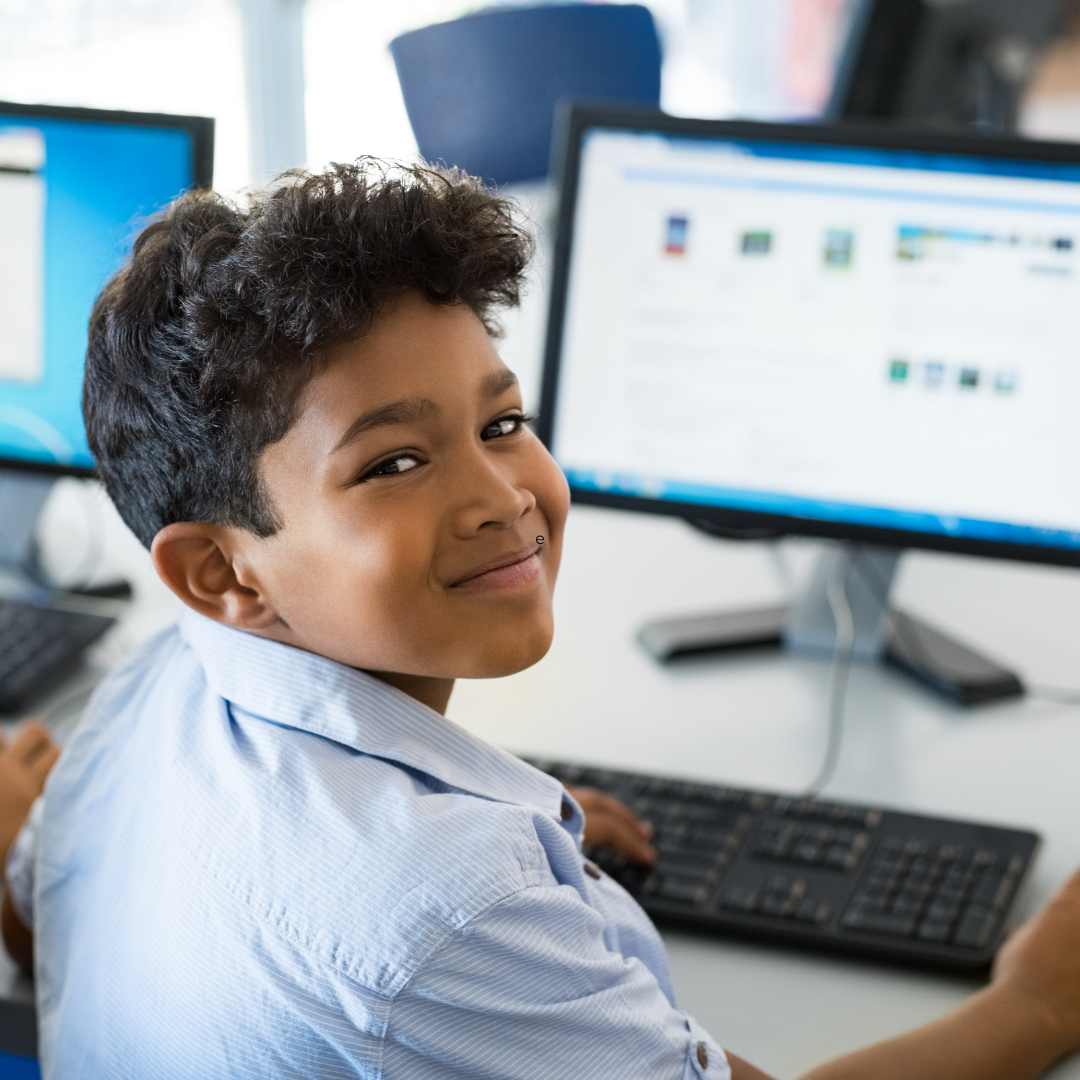Parenting Tech-Use For "Littles"
Practical advice on managing technology use for young children. This series explores age-appropriate tech habits, the importance of screen time limits, and creative ways to engage little ones without relying on screens. Learn how to set the foundation for healthy digital habits early on.
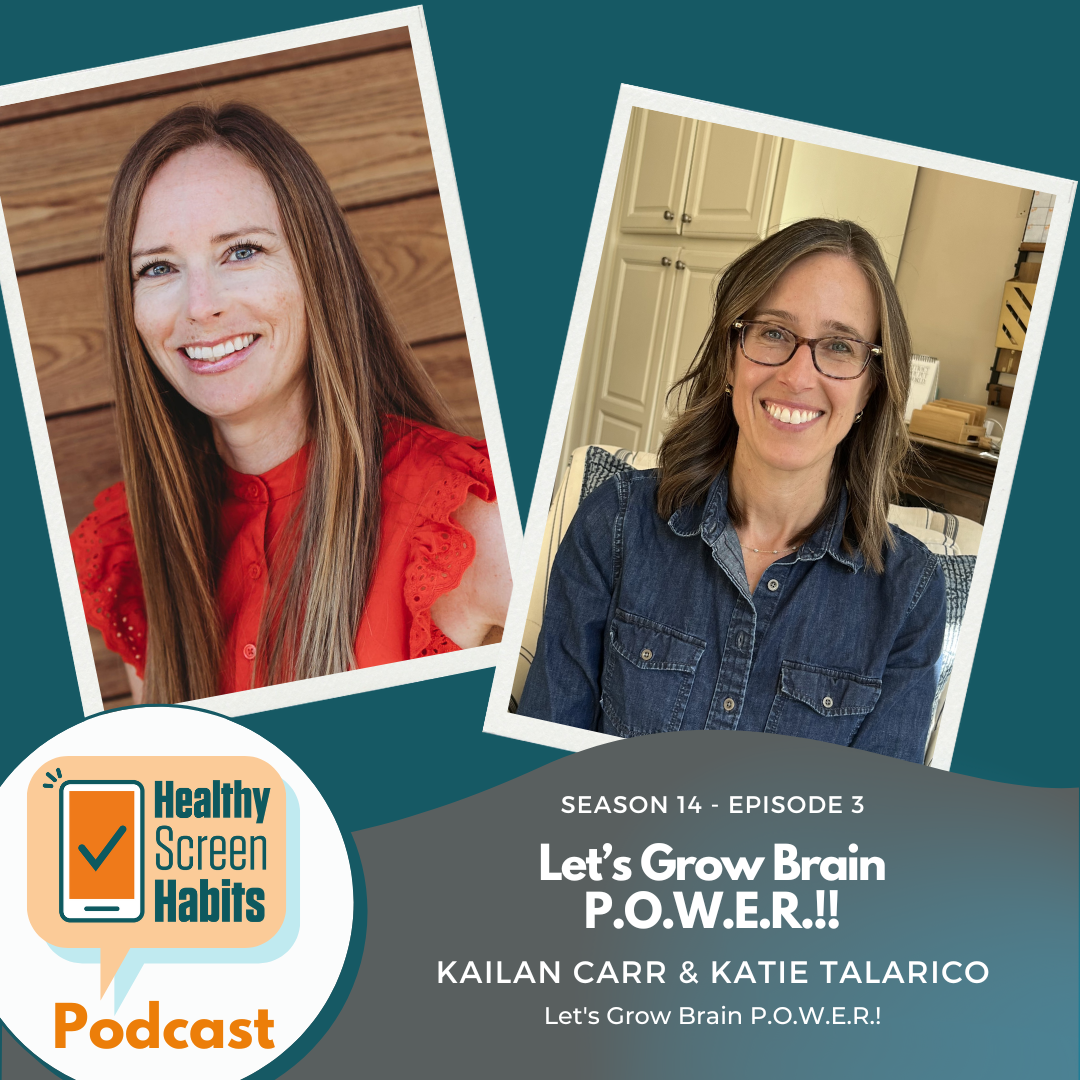
Early childhood experts Kailan Carr and Katie Talarico have combined forces to create a FANTASTIC AND FREE new resource for parents and teachers!
“Let’s Grow Brain P.O.W.E.R.!” is a free resource for schools and community groups, and families designed to help educate and empower families to focus on what really matte
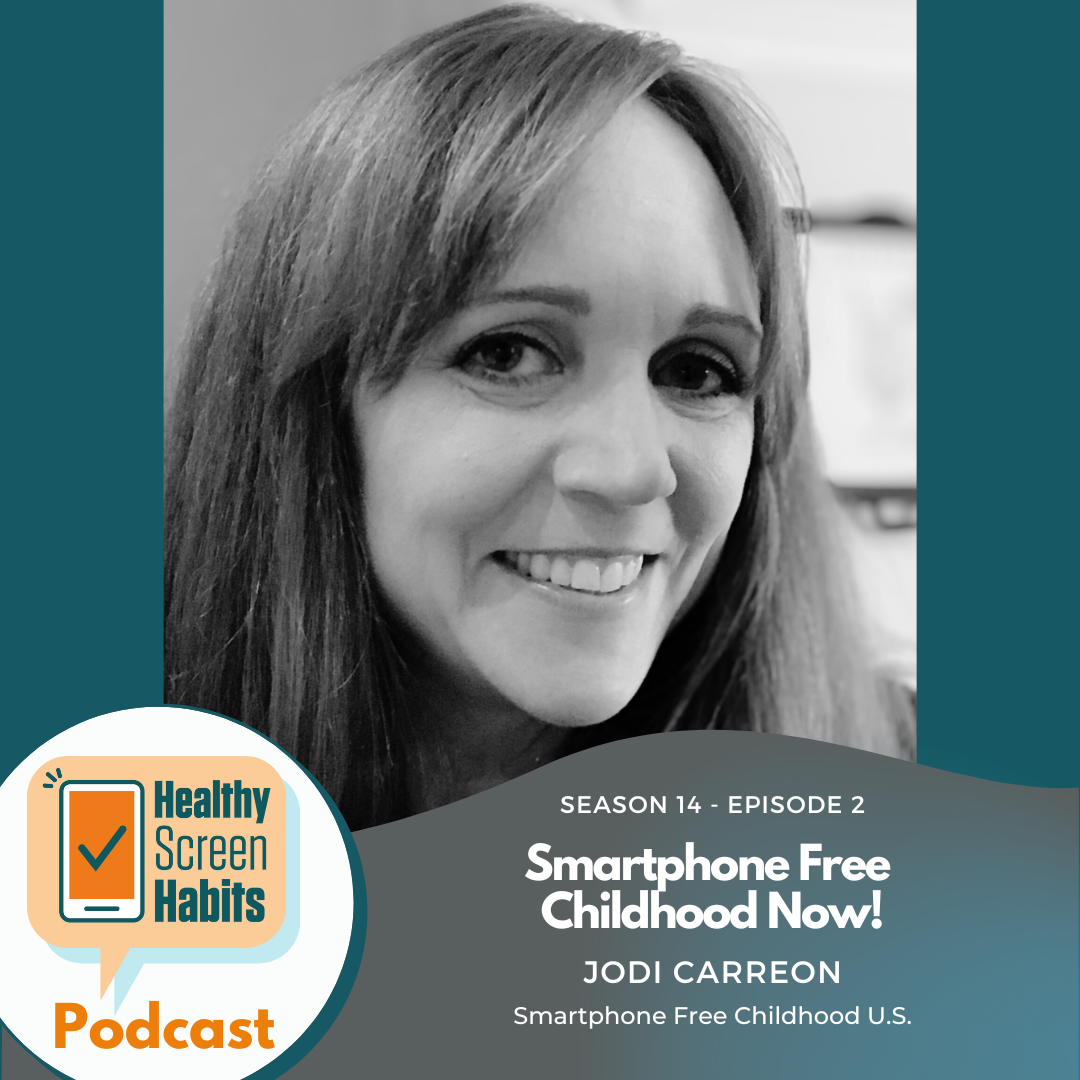
Jodi Carreon is a self-described “regular mom” who honestly is anything but!! While volunteering at her kids' school. She discovered students were more focused on screens instead of each other.
By accessing the tools and templates at Smartphone Free Childhood US, she founded a local parent group that focuses on limiti
S14 Trailer: AI, Chatbots, and Education
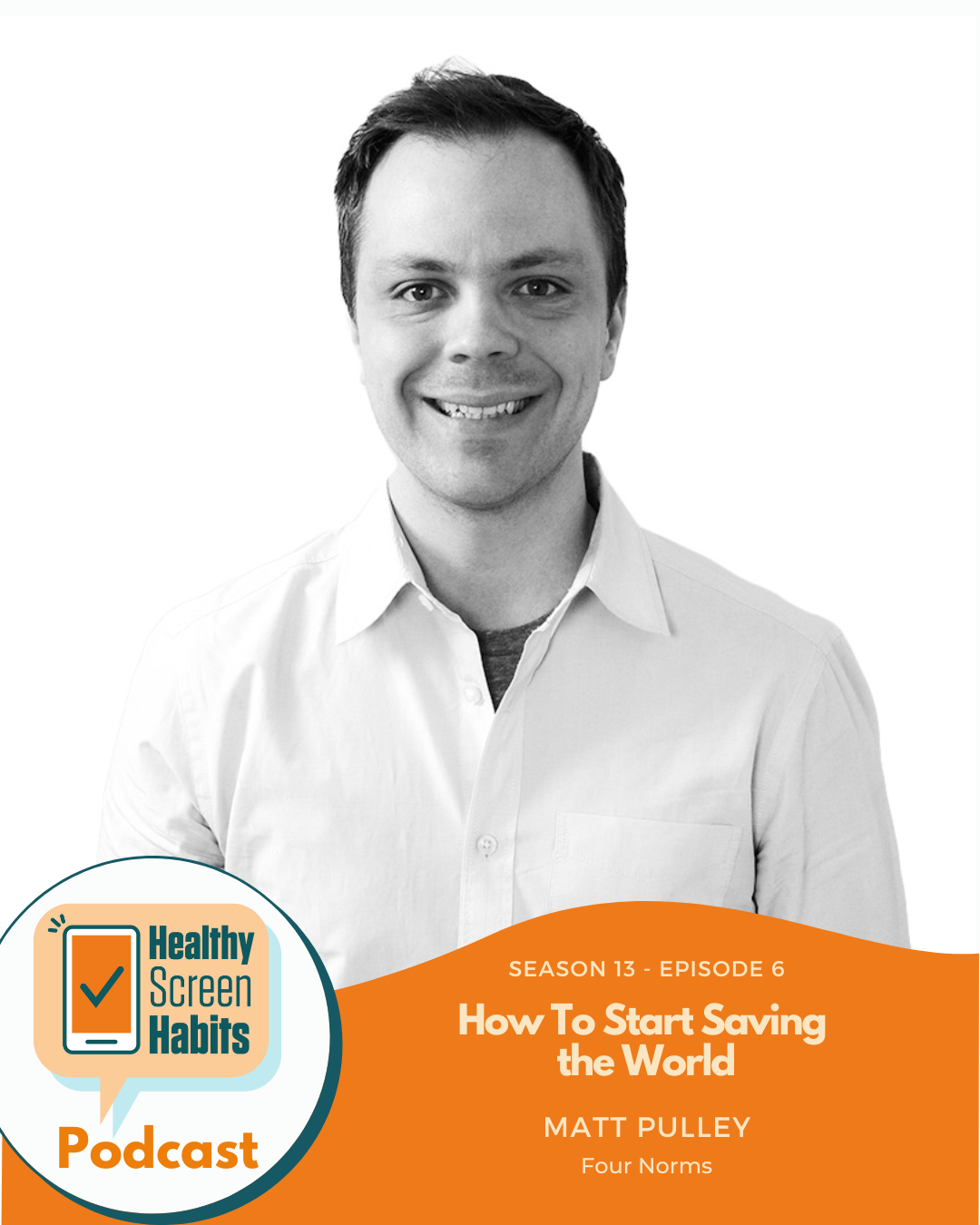
Parents aren’t just worried– they are ready to act. Four Norms empowers local parent groups to get things done through the use of collective action. It’s never been easier to fight for new norms around kids and technology that you want to see in your community. Four Norms acts as a bridge between organizational expertise and community impact. Specifically designed for grassroots parents' organizations, Four Norms makes stepping into activism as easy as meeting friends for coffee (so you can save/change the world!).
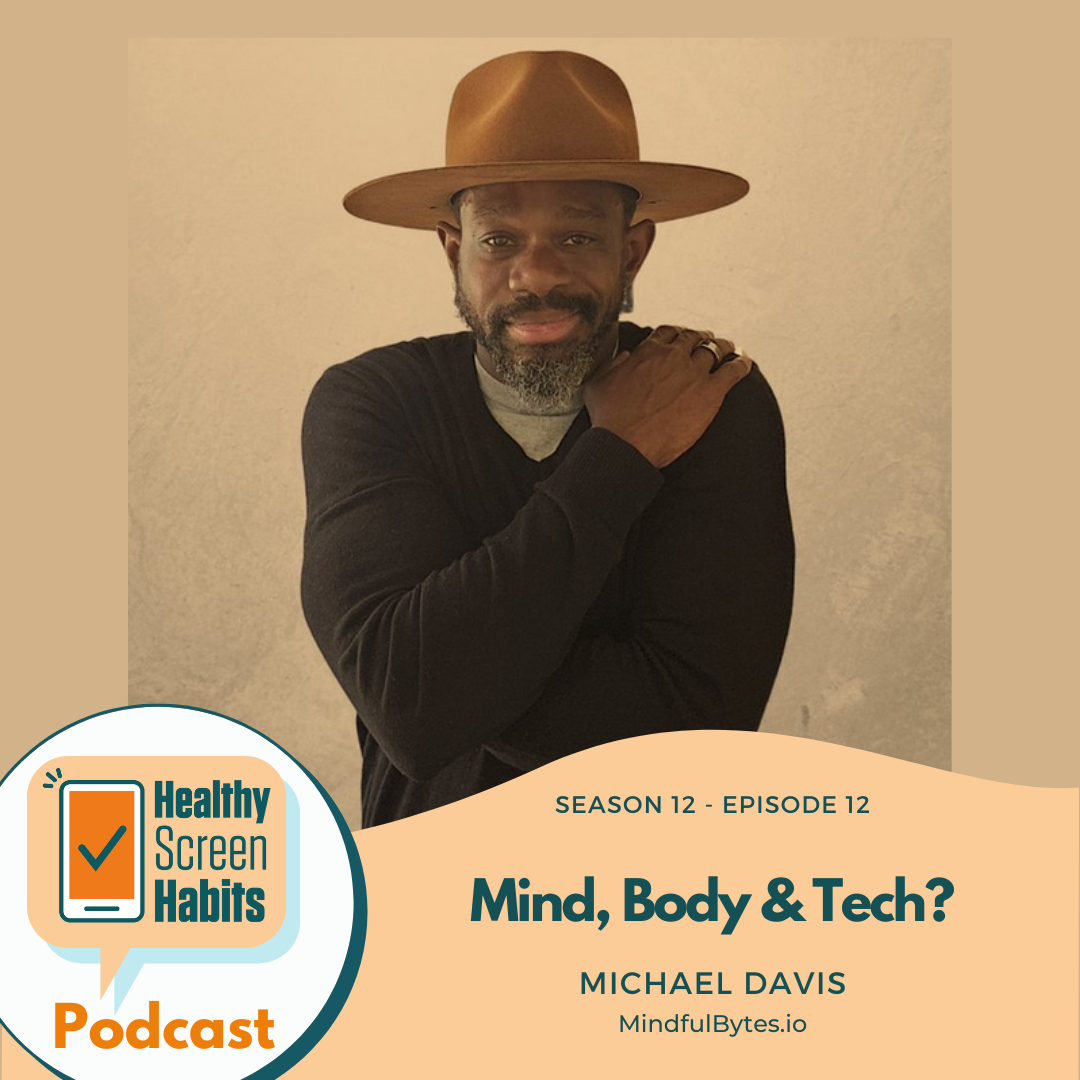
Overcoming a challenging childhood in the South, Michael was inspired by a transformative teacher to unlock his potential. He served 22 years in the U.S. Navy, developing advanced cybersecurity algorithms. With over 25 years of cybersecurity experience, Michael is now a Ph.D. candidate in Cyberpsychology at Capitol Tech University. He created MindfulBytes.io, a groundbreaking K-5 curriculum enhancing digital well-being. The program boasts an 85.7% student engagement rate and a 40% reduction in cyberbullying incidents. His mission is to safeguard the digital well-being of the youngest generation, ensuring every child can thrive in our increasingly digital world.
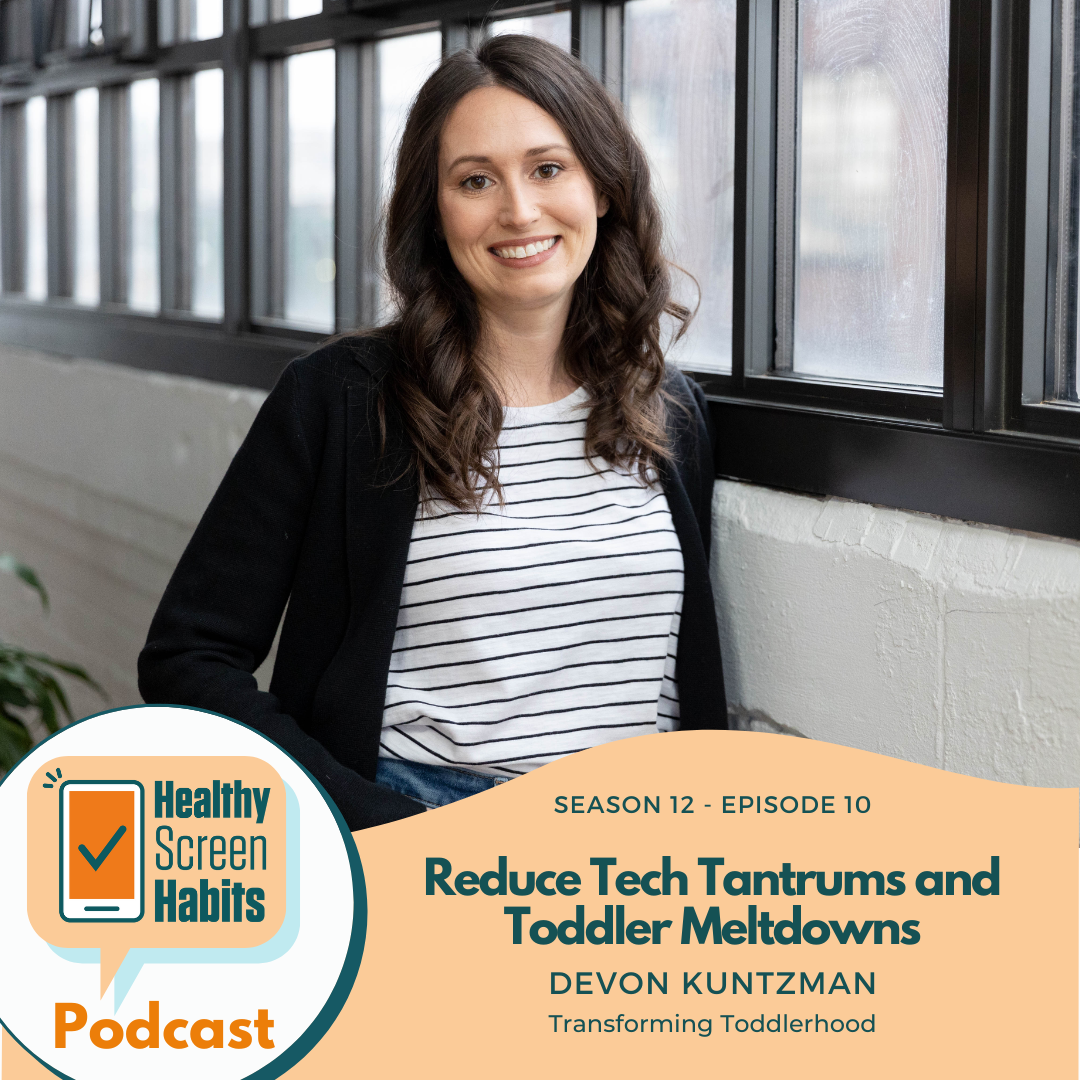
When Devon Kuntzman started Transforming Toddlerhood with the mission to dispel the myth that toddlerhood is terrible and empower parents and caregivers to overcome the challenges while nurturing their little ones' development. She does this by creating confidence in parenting skills and embracing this magical time period. In this episode, we talk about the additional challenge that technology can bring, how to get your toddler off of a screen, and how to find better screen options for your toddler.
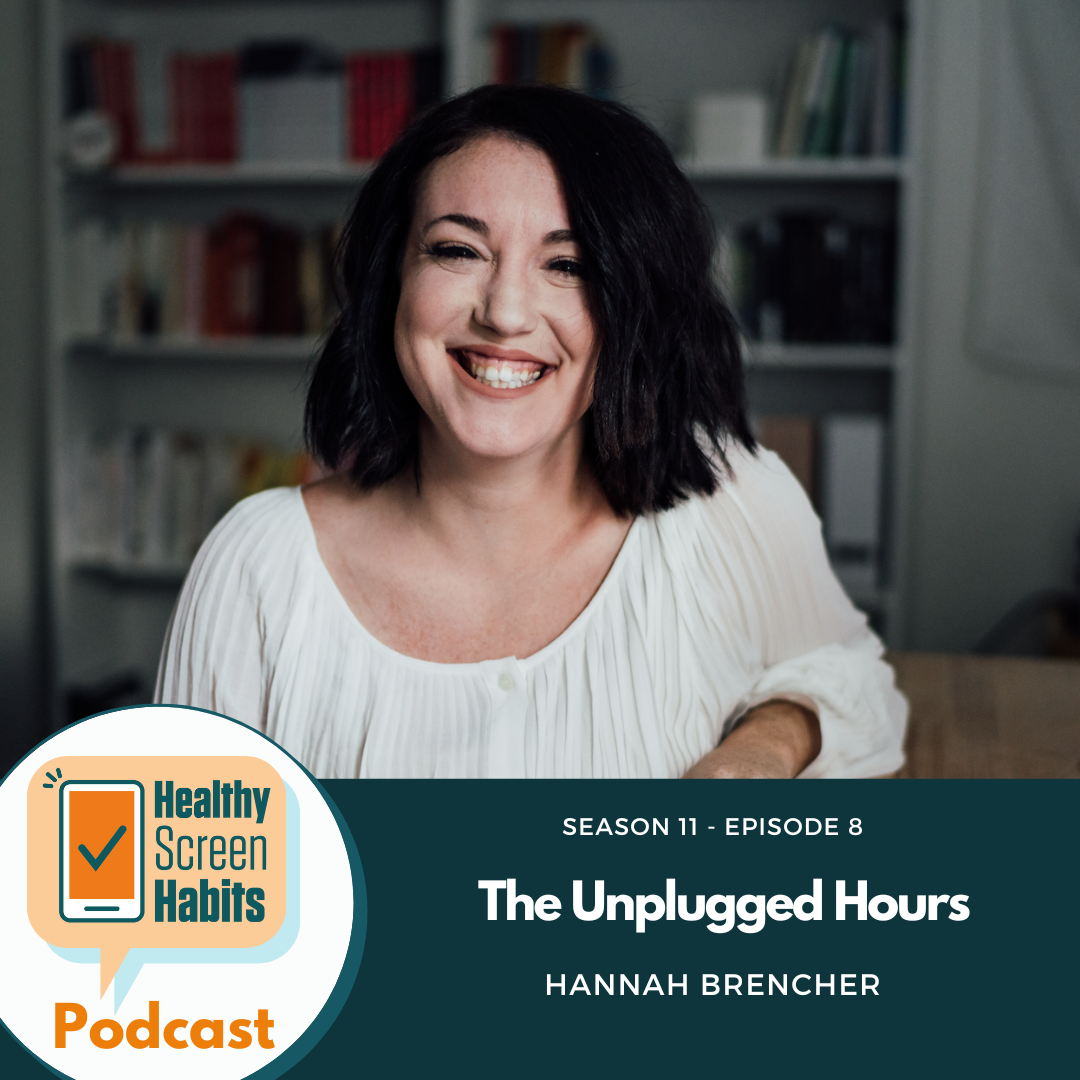
The UnPlugged Hours is the story of one woman’s journey to creativity, self and family. After recognizing how much tech was affecting her creative process and stripping her imagination, Hannah Brencher committed to intentionally taking a 1,000 hour break from technology. She did not intend to write this book - her process started as a commitment for self-improvement and became so much more. Hannah is a writer, TED speaker, and entrepreneur. Named as one of the White House’s “Women Working to Do Good,” she works to encourage tech-less connection and creativity. Listen now!
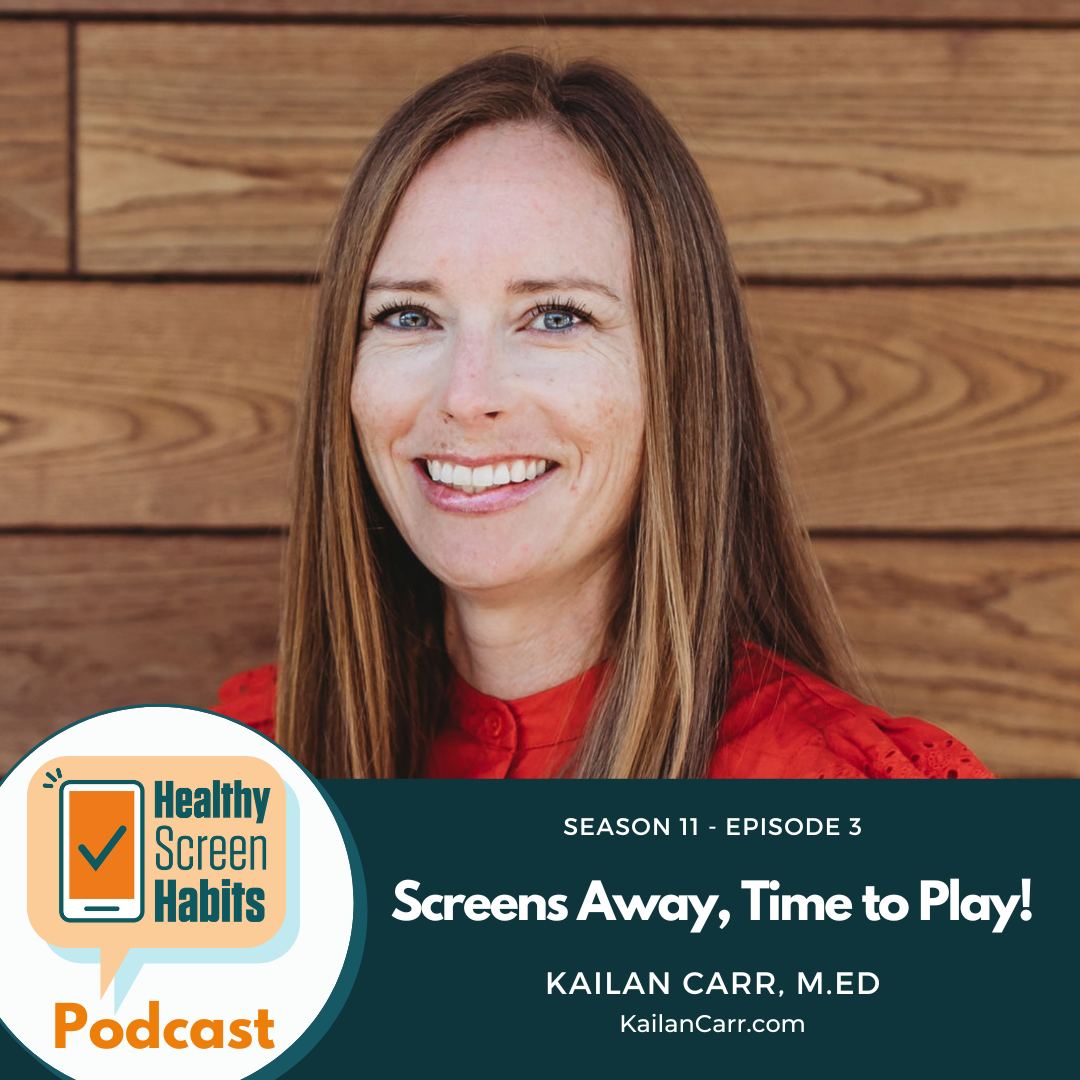
Screens Away, Time to Play! Is the picture book that belongs in every waiting room, classroom, and teacher library. Written by Kailan Carr M.Ed, this book has hidden pictures, invitations for offline play and teaches kids about the brain science behind persuasive design. Written in a fun rhyme scheme with engaging illustrations it is truly the book that is needed by all. Listen to this episode for information about the science behind the book as well as how play builds brains.
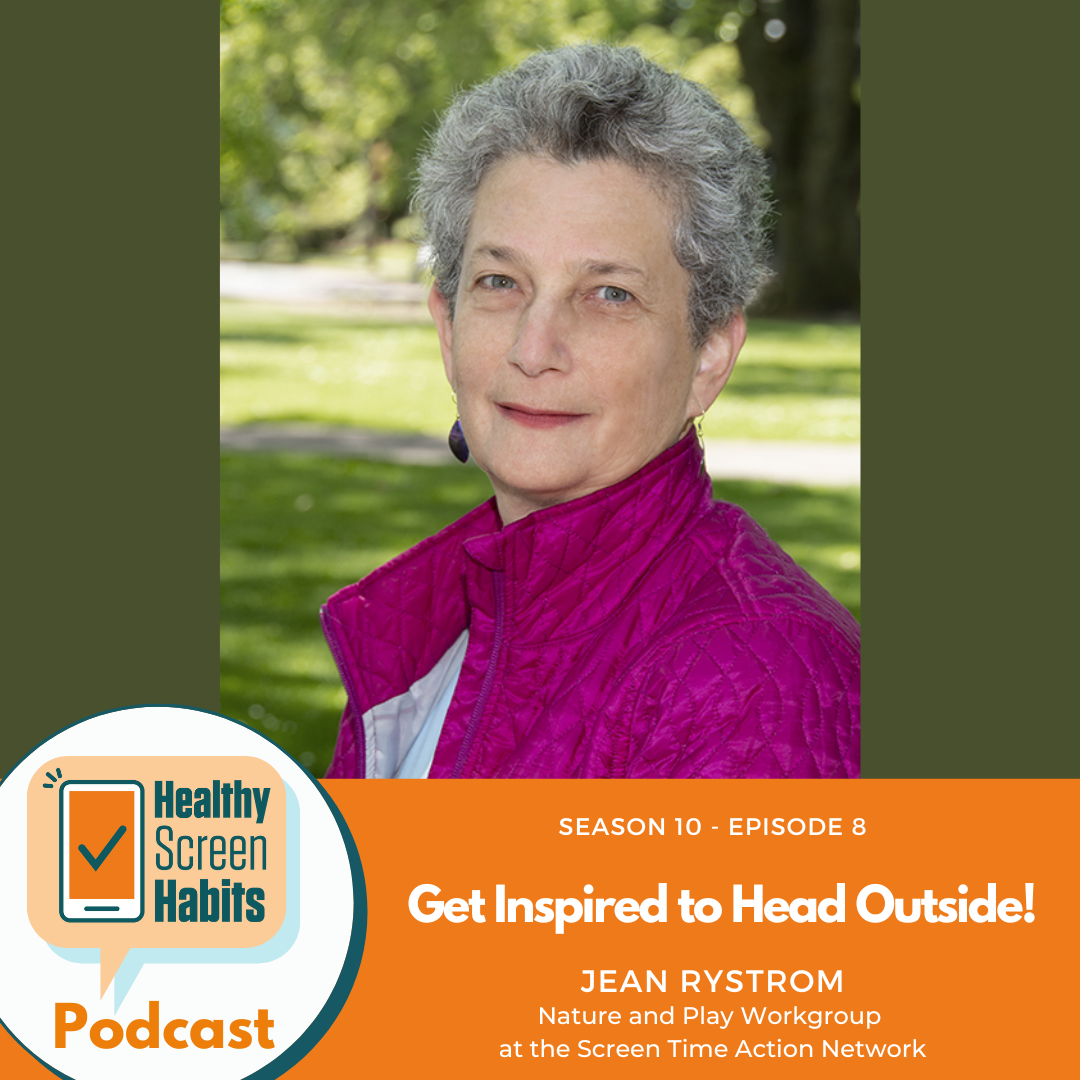
Playing outside is so much more than physical activity. Some of the many benefits include fitness, vitamin D and sleep. Being in nature also enhances focus and attention, it improves problem solving, reduces stress, increases empathy, improves mood. The influence of nature is dramatic and pervasive for all of us. There was a study that said that hospital patients, who have views of greenery outside their windows have shorter stays and fewer complications.
Reducing screen time, increasing time in nature has the potential to change lives. Listen to Jean Rystrom of the Screen Time Action Network introduce an amazing and FREE resource: The Children & Family Inspiration Guide. It’s got everything you need to encourage your kids to get offline and outside. Listen today!
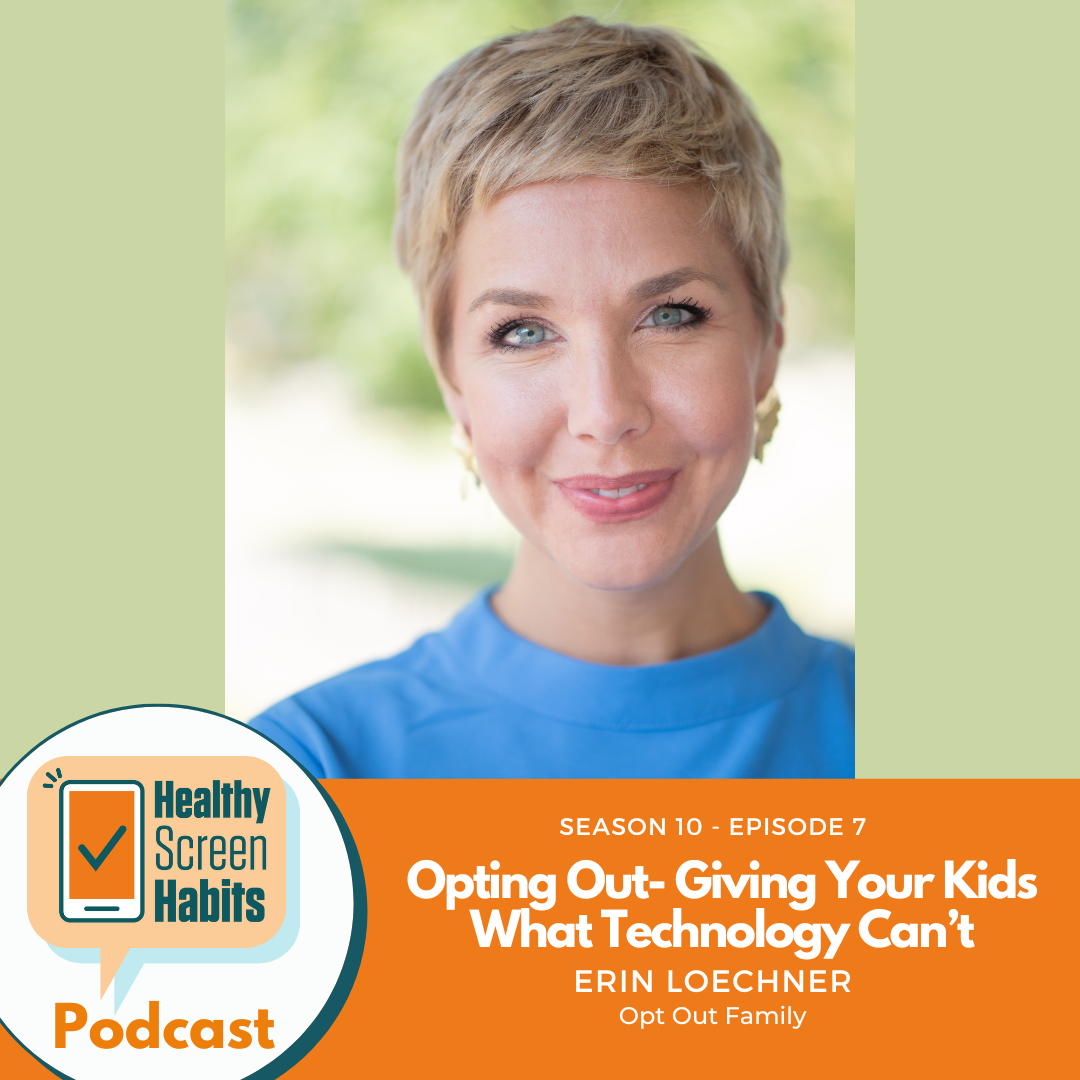
Erin Loechner is a former social media influencer who walked away from a million fans to live a low-tech lifestyle and is now teaching others how to do the same! As the founder of the global tech-free movement The Opt-Out Family, Erin has authored The Opt Out Family - How To Give Your Kids What Technology Can't. This book is written in a way that is part guide, part interactive and best of all it’s written in Erin’s friendly encouraging voice.
In this episode we talk about how to talk to schools, coaches and other parents, set intention in your home and so much more.
Listen today!
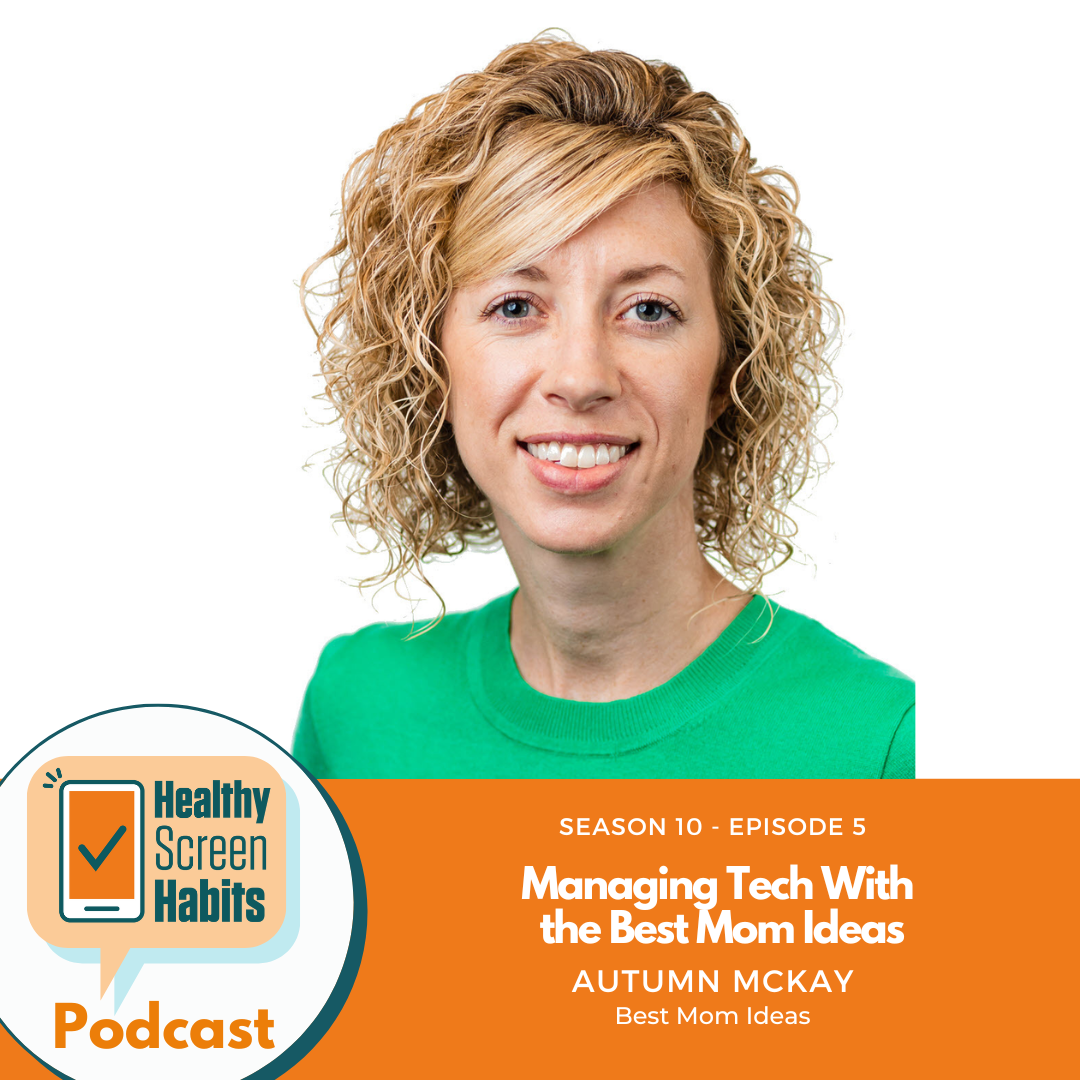
Autumn McKay is a childhood educator, author and parent, she has navigated the challenges of screen time management with her own kids and faced the very familiar scenario of dealing with tech tantrums and the “10 more minutes” meltdowns. In short, she's one of us! She's in the trenches.
In this episode we talk about steps to take in early child development to foster lifelong success.
Listen today!
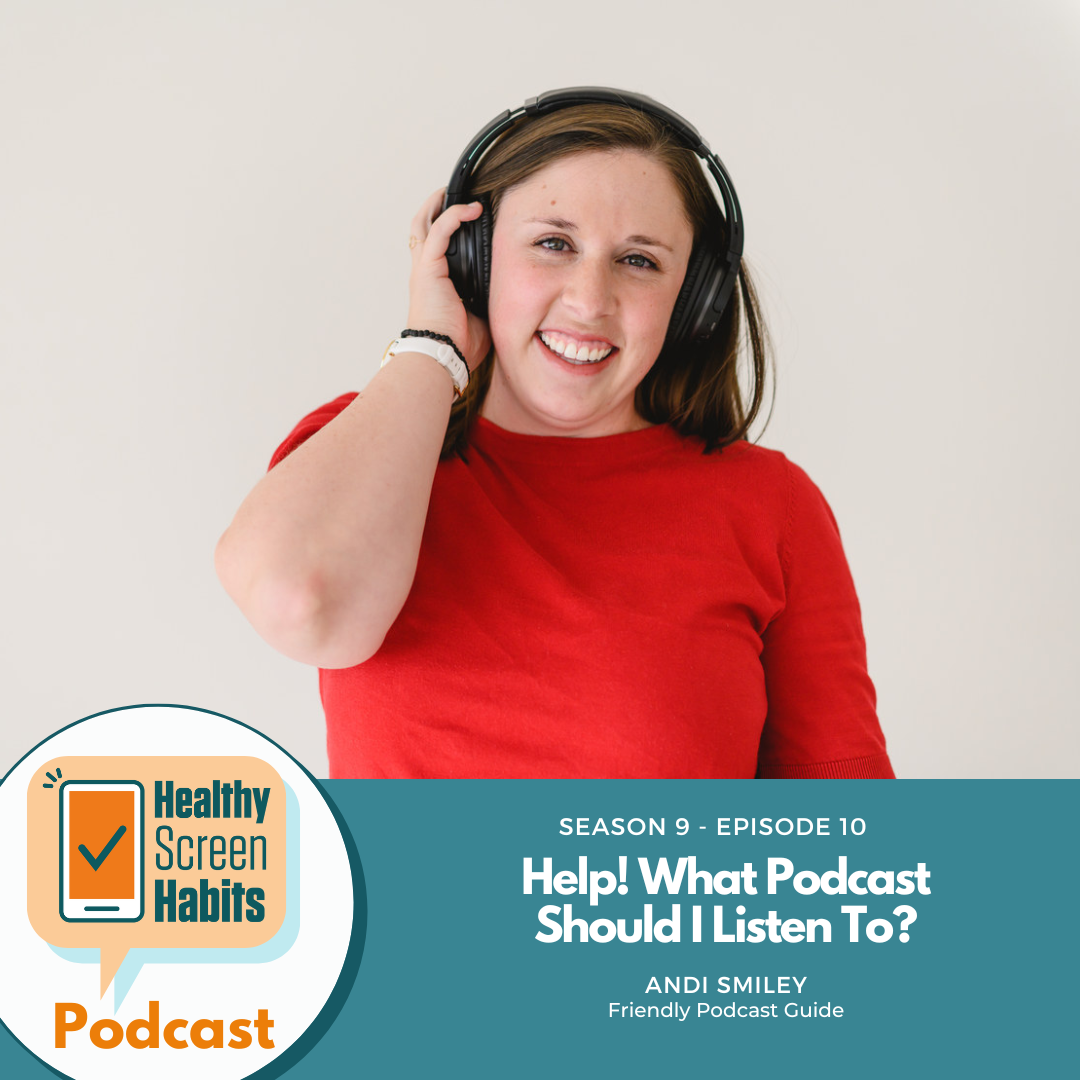
You know that zombie trance that your kids get when watching Cocomelon or other fast paced “kid shows”? Do you ever experience the epic meltdowns that come with the phrase “turn it off”? Well - I’ve got great news. You can avoid these by using kid podcasts to buy yourself 30 minutes for dinner prep/making the needed phone calls/car rides instead!
Andi Smiley, the host of The Friendly Podcast Guide @friendlypodcastguide, is awesome!! She created a podcast that helps moms find podcasts for themselves and for their kids.
No more zombies!! Build strong imagination muscles by exposing your kids to some of the great kid podcasts out there.
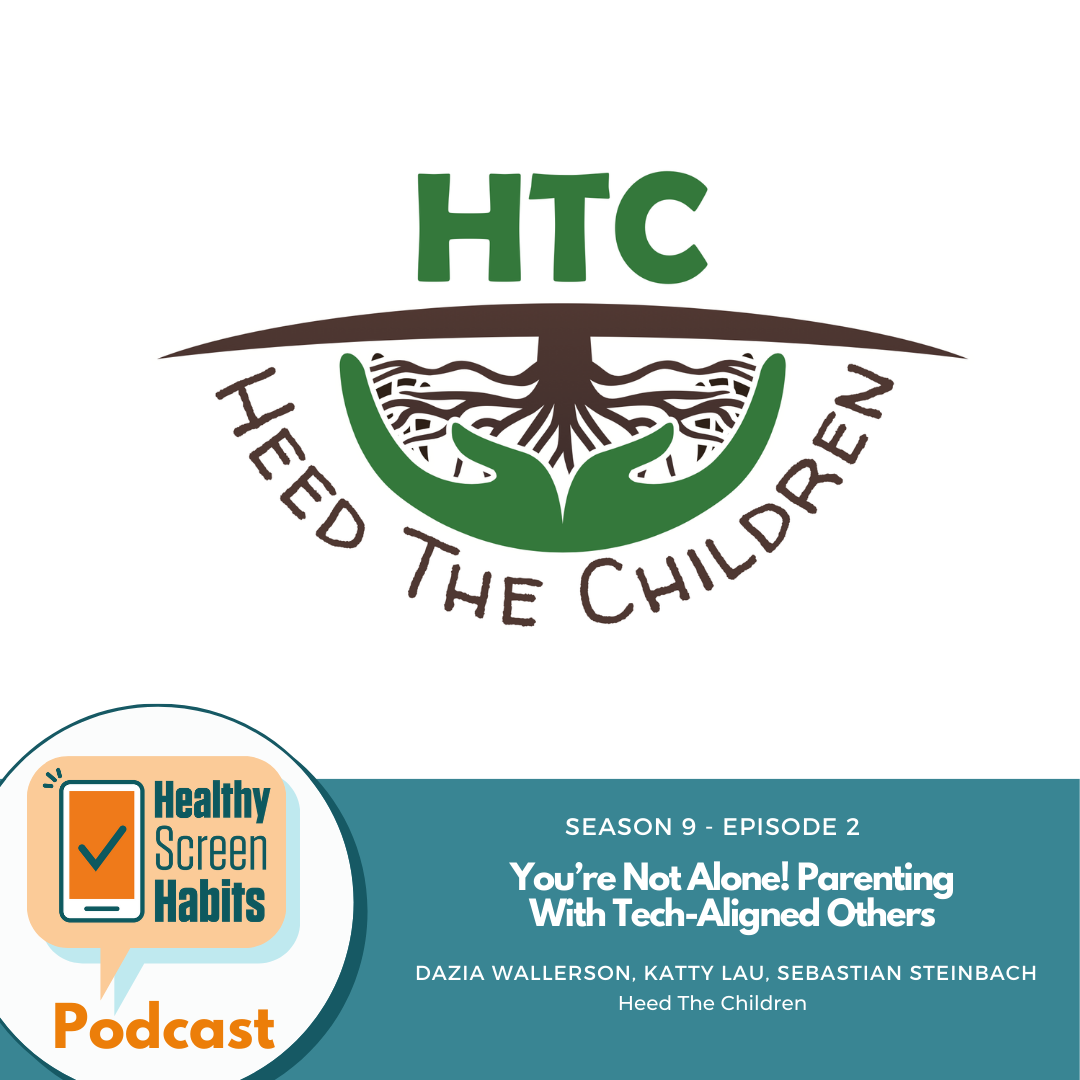
Heed the Children is committed to the protection of children from destructive effects of smartphones and social media and the effects that they're having on kids’ mental and physical health.
This petite powerhouse has passion, dedication and a blueprint for you to set up your own parent group in your community! Learn all about it in this episode.

Dr. John S. Hutton is a pioneer in the realm of brain development. His JAMA published MRI research showed the results of screen overuse in the brains of young children: disorganized white matter. This is concerning for a variety of reasons.
Today we discuss the best ways to start healthy brain growth and development with babies and toddlers….hint….it’s easier than you think ..and it doesn’t involve screens!!





